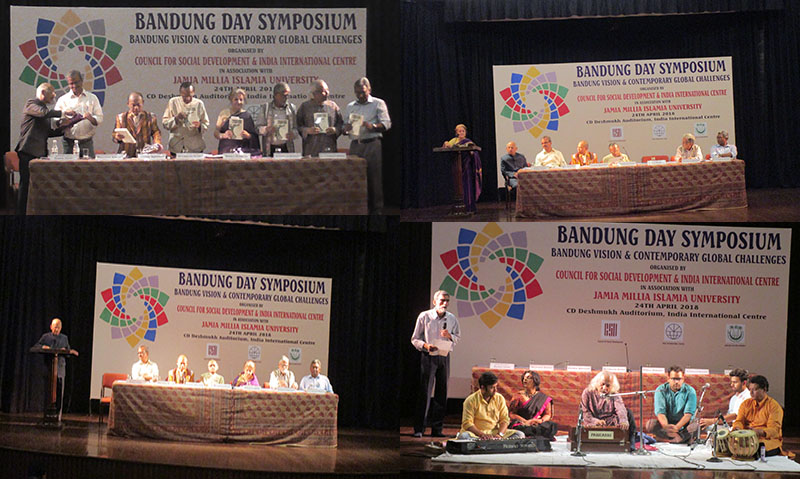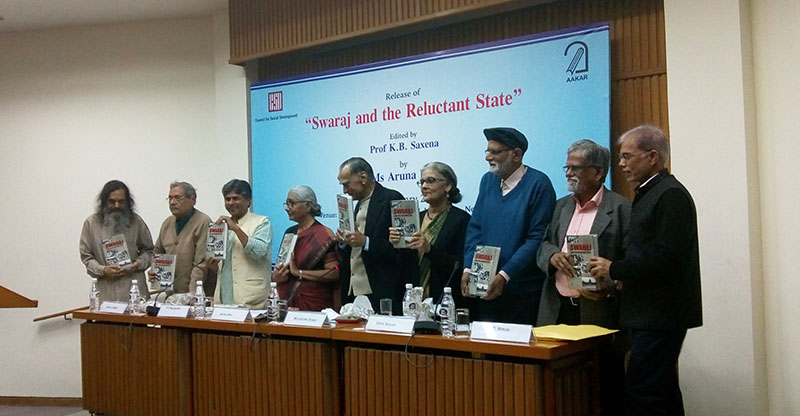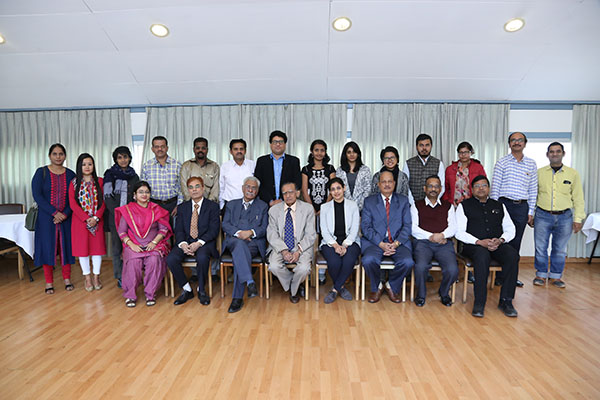The Social Development Forum of CSD, New Delhi invites you to a talk on ‘Agitation to Legislation: Negotiating Equity and Justice in India’
Schedule of the Programme
Agitation to Legislation: Negotiating Equity and Justice in India
Speaker: Prof Zoya Hasan, Distinguished Professor, Council for Social Development, New Delhi and Professor Emerita, Centre for Political Studies, JNU New Delhi
Chair: Professor K B Saxena, Distinguished Professor, CSD New Delhi
Date: April 26, 2018 (Thursday)
Time: 3.00-4.30 PM
Venue: Durgabai Deshmukh Memorial Lecture Hall, CSD, Sangha Rachna, 53 Lodi Estate, New Delhi 110003
A Brief Introduction of the Talk
The past few years have seen the street emerge as one of the most volatile and engaging sites of a politics in flux. Mass protests, widespread networks, and quick mobilization in the age of social media have instilled a new life in protests and agitations, engendering an entirely new brand of rights agenda in India today. Grassroots activism along with organized, collective action has influenced several landmark legislations, often resulting in progressive outcomes and policies.
Agitation to Legislation finds that such a progression is not so sudden. It examines ways in which social mobilizations influence legislative trajectory, opening up modes of direct engagement between the state and its citizens, between the government and the governed. It simultaneously focuses on political actors and processes that help expand rights and accountability and at the same time resist any attempt to increase representation of under-represented groups. Positive outcomes have depended on political responses and party strategies, either appropriating or reinforcing or disregarding the scale and intensity of public protests and collective action.
About the Speaker
Zoya Hasan, is Professor Emerita, Centre for Political Studies, Jawaharlal Nehru University and former Dean of the School of Social Sciences, JNU and currently Distinguished Professor, Council for Social Development, New Delhi. She is a member of the Hindu Centre for Politics and Public Policy, and a member of the Editorial Board of the International Political Science Review, Secular Studies (Brille) and the Journal of Human Development in India. Her recent books include Congress After Indira: Policy, Power, Political Change (1984-2009) and Politics of Inclusion: Caste, Minority. A collection of her essays titled Democracy and the Crisis of Inequality was published in 2014. Apart from her book Agitation to Legislation: Negotiating Equity and Justice, a co-edited book titled Empire of Disgust: Prejudice, Discrimination and Policy in the United States and India will also be published in 2018.



